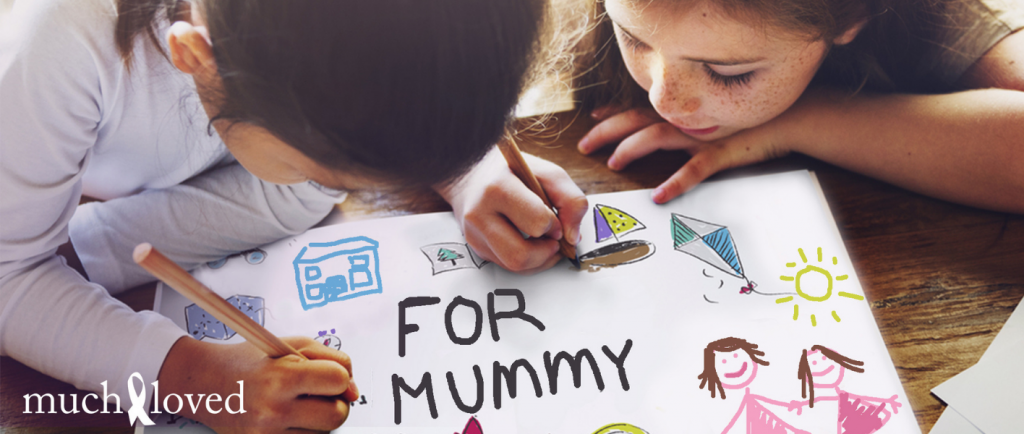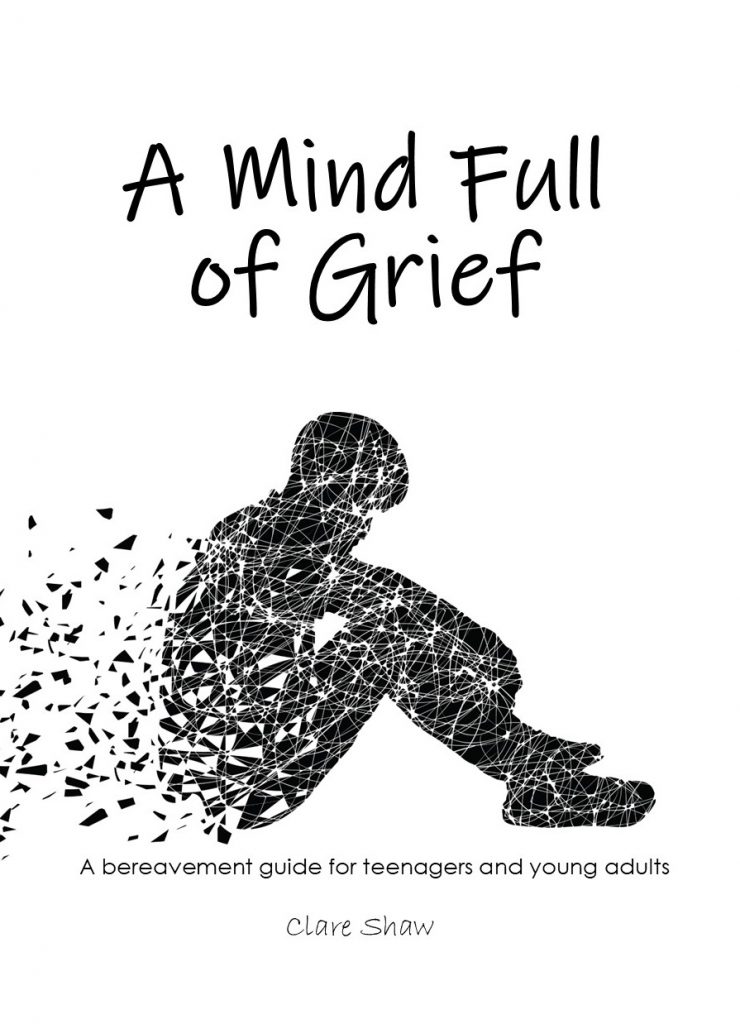

Our special guest article by author Clare Shaw looks at how to support children who have lost a loved one.
Every 22 minutes a child in the UK is bereaved of a parent. This equates to an average of 112 per day or over 40,000 every year; and sadly, these figures do not include any extended family or friends.
With over 600,000 people dying in the UK every year, there’s every chance that many will have a child connected to them in some way – a grandchild, niece, nephew, friend, student. The list goes on. This means there are a lot of children who will experience the loss of someone close, and a lot of children who will need support through that grief.
Here are some rather scary statistics about child bereavement:
The latter two can be reduced with support and understanding. The first number shows just how much that help is needed.
Children look to those around them as to how to deal with situations and challenges in life. A bereavement is no different. They will model their behaviour on what they see. If the adults around them cover up their emotions, the children will think they need to do the same. This can lead to ongoing mental health problems for years after their loved one died. It can also be a big contributory factor in the latter two statistics above.
From the age of between five and eight, children understand the finality of death. They understand that it is irreversible so being honest is always going to be the best policy. The best thing a family can do is be open. Show your own emotions, therefore letting the child know this is acceptable.
This is true not only with younger children but for those in their teens too. Imagine going through all the usual teenage changes, pressures and difficulties, and having grief to contend with too. Teens may be more likely to hide their feelings and put on a brave face. Depending on who has died, they may feel they have to look after other family members and be ‘responsible’.
Children, as with adults, will go through a whole range of emotions. They need to know that this is ok. It’s ok to feel sad; just as much as it’s ok to feel happy. When they go back to school, it’s fine to play with friends and socialise. It’s fine to want to feel normal without feeling guilty. There is no set pattern with grief, and everyone will do it their own way and in their own time.
Language is something else that is important. Because death makes people feel uncomfortable, often people use the terms ‘gone to sleep’, ‘is a butterfly now’ or ‘lost’. These can all be so damaging. If you tell a small child that Granny is lost, they may try to find her!
Children of all ages will have questions. There’s going to be a lot they don’t understand. Answer their questions as honestly as you can. If you don’t know the answer to something, let them know and see if you can find out the answer together. Maybe the person(s) helping to arrange the funeral would be able to help. Maybe someone else in the family might have the answer.
Explain to them what will happen at the funeral. Especially if it’s the first one they have attended. With such a crossover of American TV, kids may expect to see an open coffin. They may not know the format, dress code or who will be there. It will be a difficult day for them anyway. The more you can prepare them, the easier it will be. Explain that they may see people upset but that’s ok.
Try not to make decisions for them or they may resent this later in life. A lot of these decisions will depend on their age and relationship with the deceased. Ask if they want to be involved.
Grief can affect a child’s appetite, sleep pattern, memory and concentration. Understanding this can allow you to offer the support they need. You could start by contacting their school to find out what help is available directly through them, and to make sure they fully understand the situation.
MuchLoved offers free bereavement counselling through our website in partnership with GriefChat, available through a chat function, which older children may find easier than speaking to someone directly.
You could also ask them if they would like to set up a tribute page to remember that person, which you can set up and maintain for them. They can either choose to share with others, or keep as their special space to remember, with photos and videos of their loved one.
There are many useful resources available from books to information on child bereavement websites. Here are just a few:
NHS Children & Bereavement
Winston’s Wish - support for children who have lost a parent or sibling
Child Bereavement UK
If you feel your child may need additional support, speak to their school or seek out a local bereavement charity to offer additional support.
About the Author: Clare Shaw

Clare Shaw writes therapeutic stories covering tricky subjects such as bereavement, including her book 'Love Will Never Die: Helping children through bereavement'.
Her latest book A Mind Full of Grief: A bereavement guide for teenagers and young adults is filled with practical information on supporting teenagers who are coping with grief.
* http://www.going4growth.com/downloads/fulcrum-why-should-anglicans-take-seriously-the-impact-of-bereavement-on-children-and-young-people.pdf
** https://www.winstonswish.org/about-us/facts-and-figures/
*** https://www.hqip.org.uk/wp-content/uploads/2018/02/8iQSvI.pdf